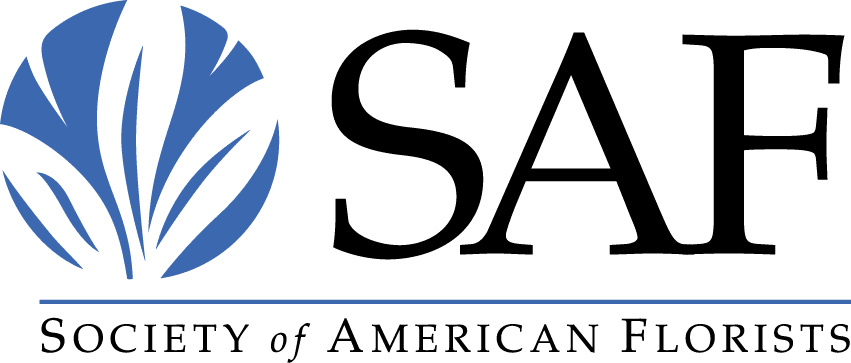
Diane Thielfoldt of The Learning Café will moderate “Internship Programs that Deliver” featuring panelists Pat Dahlson of Mayesh Wholesale Florist; Jo Buttram, AAF, of Shirley’s Flowers & Gifts, Inc.; Laura Shinall of Syndicate Sales, Inc.; and Dominic Vercelote, Tagawa Greenhouses, Inc., at SAF Palm Springs 2018
Millennials are now the largest generation in the U.S. workforce — and their younger siblings and cousins are coming up the ranks fast. Last year 9 million “post-Millennials” (16- to 20-year-olds) were employed or looking for work, according to Pew Research. How can floral industry business owners find, attract and keep the best and brightest among this group of young workers?
Strategic internship programs can help. At SAF Palm Springs 2018, the Society of American Florists’ 134th annual convention in Rancho Mirage, California, industry members and outside experts will recommend best practices in creating and sustaining internship programs.
Diane Thielfoldt of The Learning Café will lead “Internship Programs that Deliver,” and break down the benefits and possible pitfalls for companies that hire interns. Among the resources and tips she’ll offer:
- How to recruit through existing social networks and build relationships in your community and among area college campuses.
- Effective ways to explore your state’s intern program, including how to find opportunities for grants to offset student travel or housing costs.
- Industry groups, including the American Floral Endowment, that can help source and screen intern applicants.
Other tips from Thielfoldt:
Set Expectations. Plenty of potential interns might not realize the breadth of the industry — or the myriad roles within any one company. “You can start by providing the candidate with a brief overview of your organization, along with links to your company web site, blog, social media accounts, etc.,” Thielfoldt said. “Include a well-written job description with a specific/detailed title — for example Social Media Marketing Intern, Accounting Intern etc. To ensure a clear understanding of roles and responsibilities (critical to the success of the internship) begin by discussing the job description with the applicant during the interview.”
Strike the right balance. Try to provide meaningful experiences not just “busy work”— or work that feels like busy work to the student. “You will want to develop your intern through real work experiences and genuine projects and to strike a balance between activities and assignments that will provide a meaningful learning experience and activities that will increase productivity in your organization,” Theilfoldt said. Remember, too, that interns may be well qualified to tackle long-term research projects you’ve been too busy to work on (e.g. How much are you spending on delivery? What amount could you save by switching suppliers? How long do your employees spend taking phone orders vs. accepting online requests?)
Take time to train. Patrick Dahlson, Mayesh Wholesale Florist, has been hiring interns for years, some of whom have traveled from Holland to spend a summer working in the U.S. floral industry. He said training is key to a good experience on both sides. “One of the big dangers of internships is you bring them in, your people are busy, there isn’t any time for guidance, and once they’re done, if there’s nothing there to stimulate and keep them engaged it’s a problem,” he said, adding that his internship planning starts in the winter after the holiday rush, when he and his staff can identify potential projects or needs across their business.
Could your business use an intern? You can learn so much more about how to run a successful floral internship program and much more at the SAF Annual Convention, September 12-15, 2018. Learn more, see the full schedule and register now at safnow.org/annual-convention.





